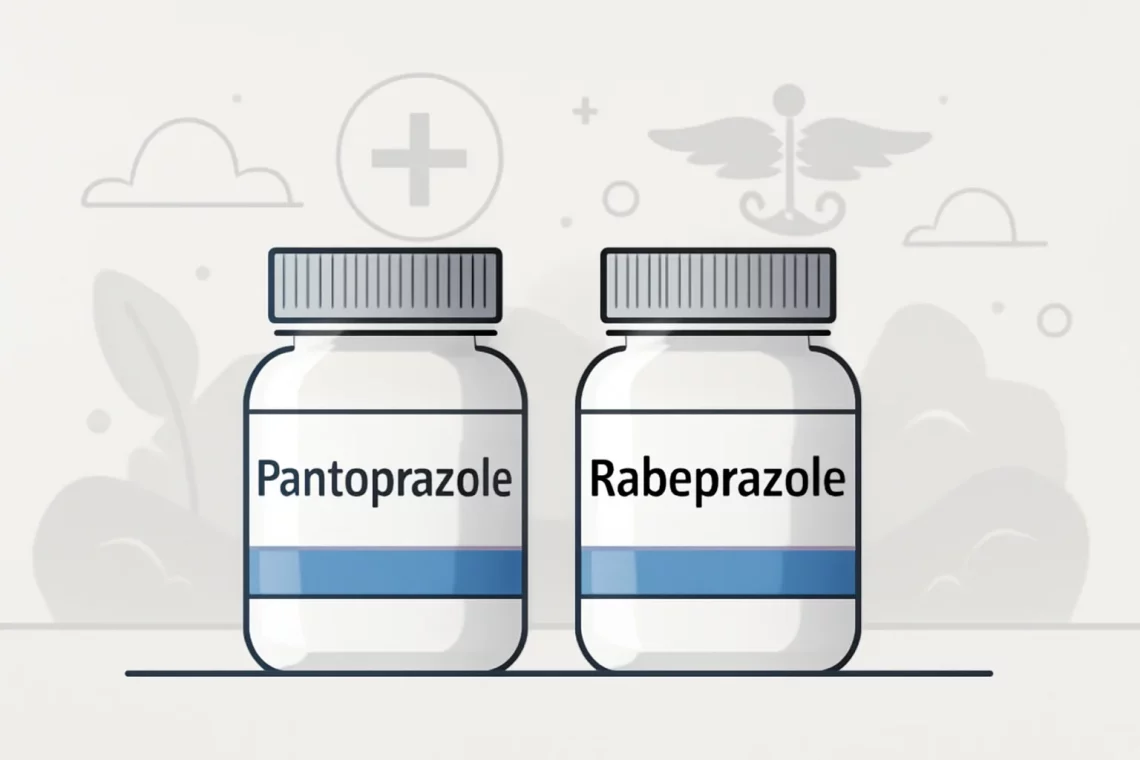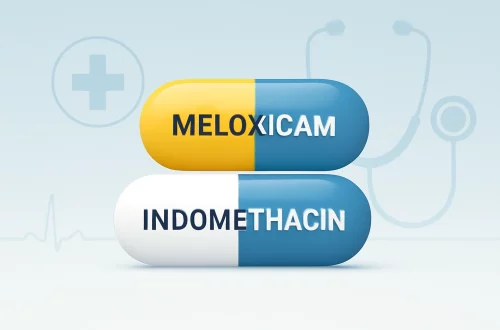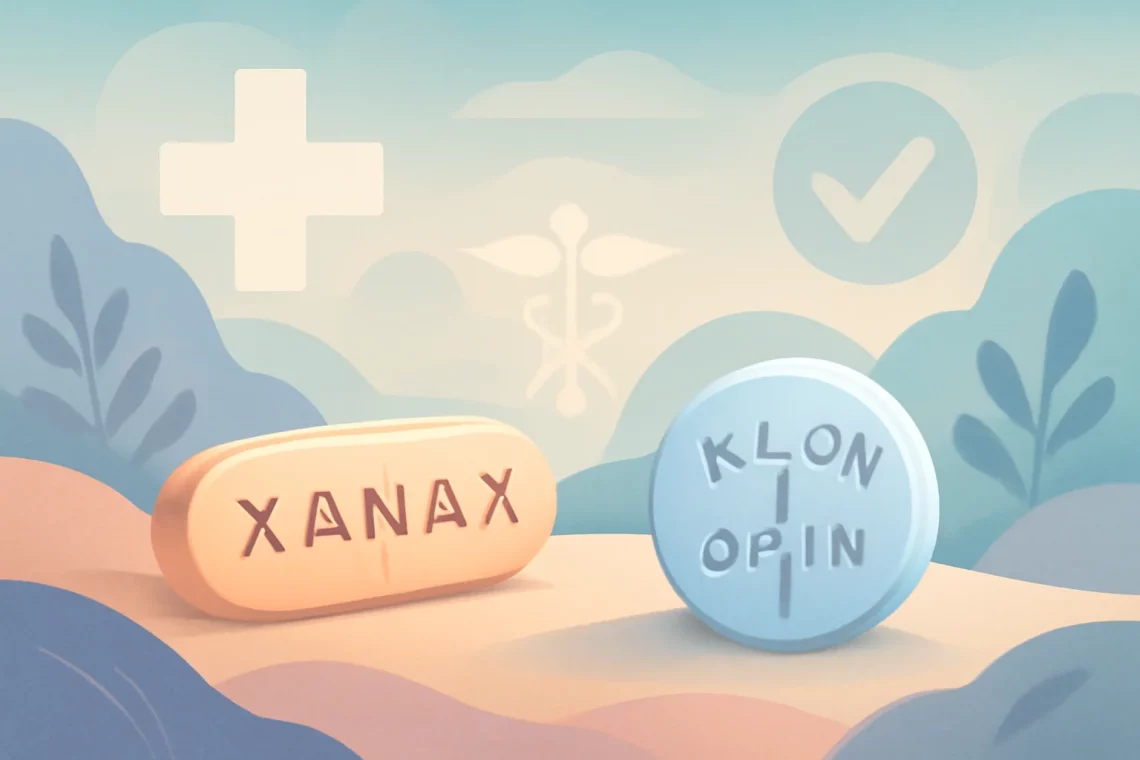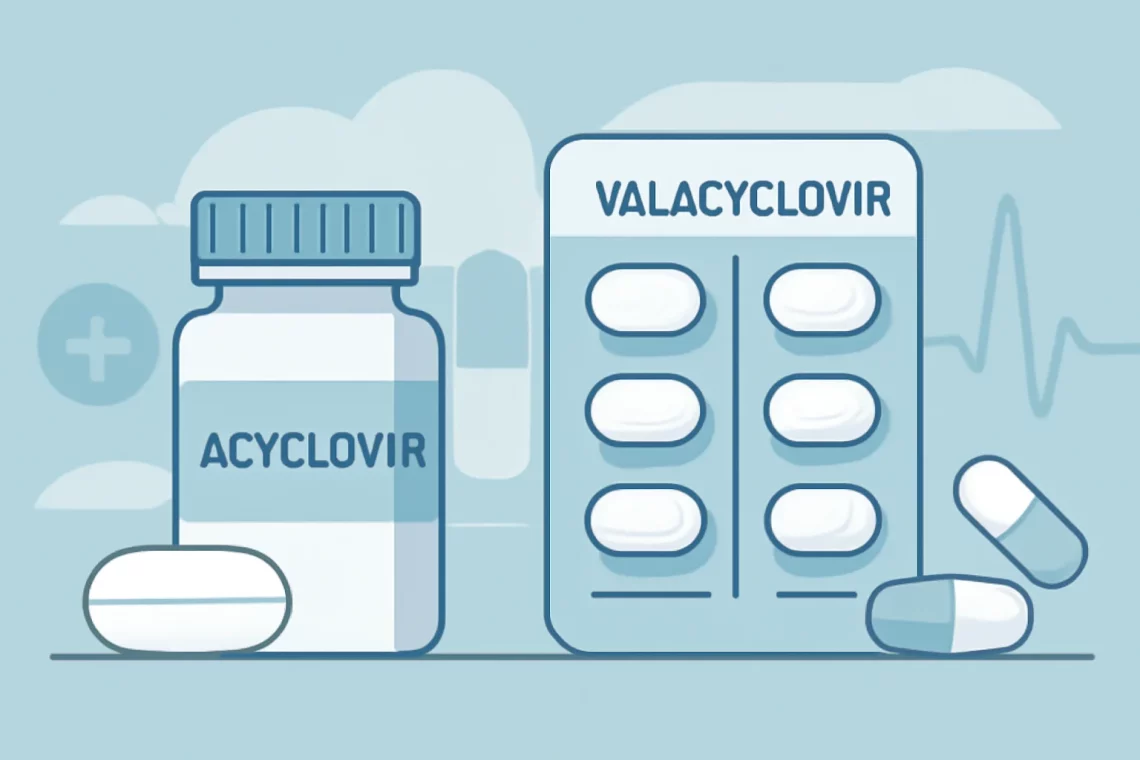-
Glipizide vs Glyburide: Which Diabetes Medication is Right for You?
Glipizide and glyburide are two widely prescribed medications used to manage type 2 diabetes. Both belong to a class of drugs known as sulfonylureas, which work by stimulating the pancreas to release insulin, thereby lowering blood sugar levels. Diabetes is a chronic condition that affects millions of people worldwide, and effective management is crucial for preventing complications associated with the disease. As the prevalence of diabetes continues to rise, understanding the various treatment options becomes increasingly important. While both glipizide and glyburide serve the same purpose, they possess distinct characteristics, mechanisms of action, and side effect profiles. This creates a scenario where patients and healthcare providers must weigh the options…
-
Amitriptyline vs Nortriptyline: Choosing the Right Antidepressant
Amitriptyline and Nortriptyline are two medications that have garnered attention in the field of mental health and pain management. Both drugs belong to a class known as tricyclic antidepressants (TCAs), which were among the first types of antidepressants developed. Despite their similar origins, these two medications have distinct properties, uses, and side effects that make them suitable for various patient needs. Understanding the differences and similarities between Amitriptyline and Nortriptyline can be crucial for patients and healthcare providers alike. As mental health awareness continues to rise, more individuals seek effective treatments for conditions such as depression, anxiety, and chronic pain. These medications are often considered as part of a comprehensive…
-
Pantoprazole vs Rabeprazole: Key Differences and Uses Explained
Pantoprazole and rabeprazole are two medications that belong to a class of drugs known as proton pump inhibitors (PPIs). These medications are primarily used to treat various gastrointestinal disorders, including gastroesophageal reflux disease (GERD), peptic ulcers, and Zollinger-Ellison syndrome. By inhibiting the proton pump in the stomach lining, both pantoprazole and rabeprazole effectively reduce the production of stomach acid, providing relief from symptoms associated with excess acidity. While both medications serve similar purposes and are often prescribed for comparable conditions, they differ in their chemical composition, pharmacokinetics, and potential side effects. Understanding these differences can help patients and healthcare providers make informed decisions about which medication might be more suitable…
-
Wellbutrin vs Zoloft: Choosing the Right Antidepressant for You
Depression and anxiety are increasingly common mental health issues affecting millions of people worldwide. As awareness of these conditions grows, so does the search for effective treatments. Among the various options available, two medications often discussed are Wellbutrin and Zoloft. Both are prescribed to help manage depression, but they work in different ways and have distinct profiles in terms of side effects, effectiveness, and mechanisms of action. Wellbutrin, known generically as bupropion, is an atypical antidepressant that primarily affects the neurotransmitters dopamine and norepinephrine. It is often chosen for patients who struggle with fatigue and low motivation, as it can help boost energy levels and improve mood without the weight…
-
Xanax vs Klonopin: Understanding the Differences and Uses
Xanax and Klonopin are both medications that belong to a class known as benzodiazepines, widely prescribed for the management of anxiety disorders and certain other mental health conditions. The increasing prevalence of anxiety-related issues in today’s fast-paced world has led to a greater reliance on these medications. While both Xanax and Klonopin are effective in alleviating anxiety symptoms, they differ in their chemical composition, duration of action, and specific uses. Understanding these differences is crucial for patients and healthcare providers alike, as it can significantly influence treatment decisions and outcomes. Benzodiazepines work by enhancing the effects of a neurotransmitter called gamma-aminobutyric acid (GABA) in the brain, which leads to calming…
-
Ciprofloxacin vs Levaquin: Understanding Their Differences and Uses
Ciprofloxacin and Levaquin are two widely used antibiotics, both belonging to the fluoroquinolone class of medications. These drugs are often prescribed to treat bacterial infections, ranging from urinary tract infections to respiratory conditions. Despite their similarities, each medication has its own unique characteristics, indications, and potential side effects. Understanding the differences and applications of Ciprofloxacin and Levaquin can help patients and healthcare providers make informed decisions about treatment options. While both medications target bacterial infections, they may vary in effectiveness depending on the type of bacteria involved and the severity of the infection. Furthermore, the choice between these antibiotics may also depend on the patient’s medical history, potential drug interactions,…
-
Acyclovir vs Valacyclovir: Which is the Better Choice for Treatment?
Acyclovir and valacyclovir are two antiviral medications commonly used to treat infections caused by certain types of viruses. Both drugs are primarily prescribed for conditions related to the herpes virus, which can manifest in various forms, including genital herpes, shingles, and cold sores. The importance of understanding the differences and similarities between these two medications cannot be overstated, as they play a crucial role in managing viral infections effectively. Acyclovir has been a staple in antiviral therapy for several decades, while valacyclovir, a prodrug of acyclovir, has gained popularity due to its improved pharmacokinetics. This means that valacyclovir is converted into acyclovir in the body, allowing for better absorption and…
-
Trazodone vs Ambien: Which Sleep Aid Is Right for You?
Sleep disorders have become increasingly prevalent in today’s fast-paced world, where stress and anxiety often interfere with a good night’s rest. As individuals seek solutions to their sleep-related issues, various medications have emerged as popular treatments. Among these, Trazodone and Ambien are two commonly prescribed options, each with distinct mechanisms and applications. Understanding the differences between these medications is crucial for those considering them as part of their sleep management strategy. Both Trazodone and Ambien have gained recognition for their effectiveness in promoting sleep, yet they operate in unique ways and cater to different patient needs. Trazodone, originally developed as an antidepressant, has been found to have sedative properties that…
-
Loratadine vs Levocetirizine: Which Antihistamine is Right for You?
Allergies can significantly affect daily life, often leading to discomfort and decreased productivity. As the prevalence of allergic conditions continues to rise, effective management through medication has become a priority for many individuals. Among the most commonly prescribed antihistamines, Loratadine and Levocetirizine are frequently considered options for alleviating allergy symptoms. These medications serve as first-line treatments for allergic rhinitis and other allergic reactions, but they differ in several key aspects, including their chemical structure, efficacy, side effects, and dosage recommendations. Understanding these differences is essential for patients and healthcare providers alike, as it can guide them in making informed decisions regarding the most suitable treatment option. As we delve into…
-
Valsartan vs Losartan: Which Blood Pressure Medication is Right for You?
High blood pressure, also known as hypertension, is a common health issue affecting millions of people worldwide. It often goes unnoticed as it typically does not present any symptoms, which is why it is often referred to as a “silent killer.” Managing hypertension is crucial as it can lead to serious complications such as heart disease, stroke, and kidney failure. To combat this condition, healthcare providers often prescribe medications known as antihypertensives. Among the various options available, two widely used medications are Valsartan and Losartan. Both belong to a class of drugs called angiotensin receptor blockers (ARBs) and are effective in lowering blood pressure by relaxing blood vessels. However, despite…






































